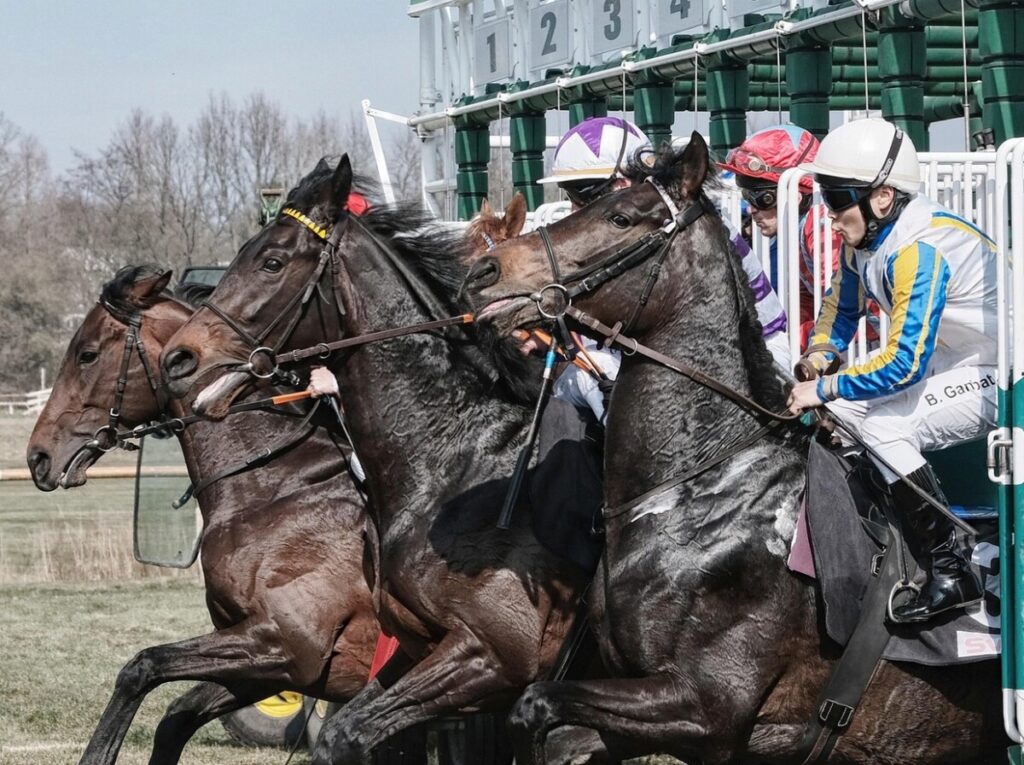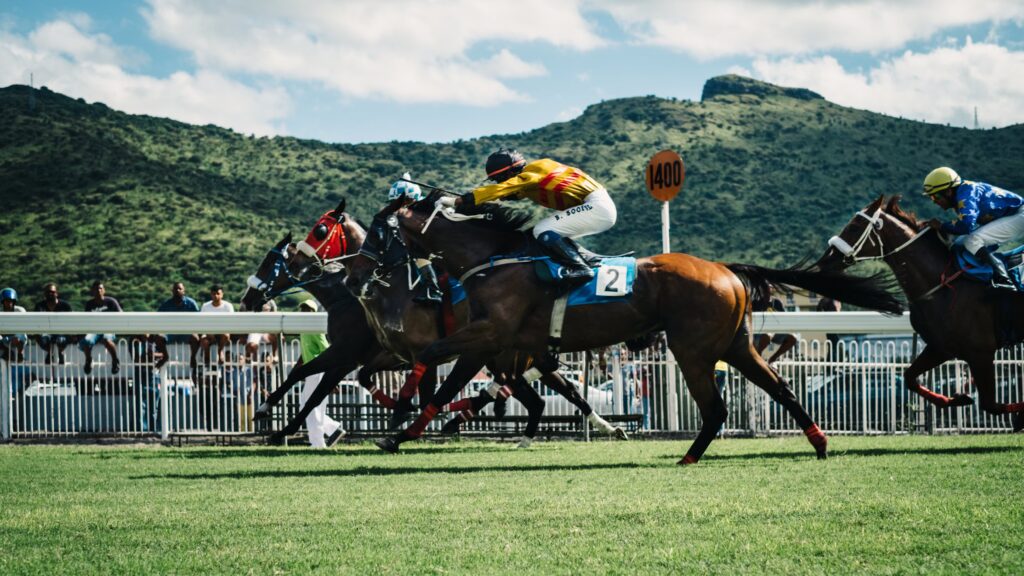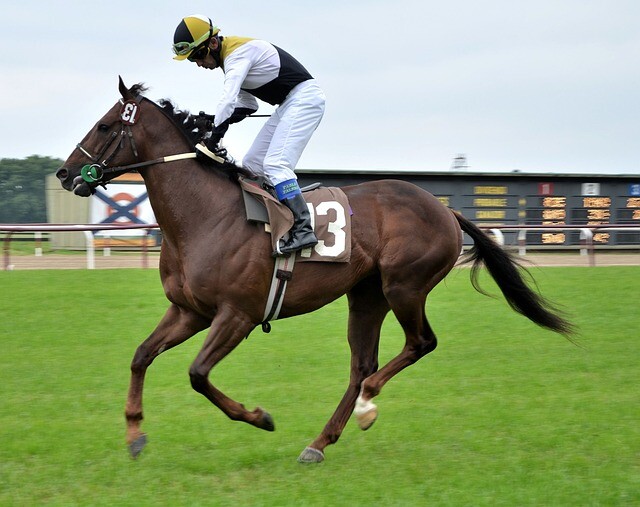What’s the Price of Passion? Racehorse Ownership Costs in 2025

When it comes to horse racing, many enthusiasts are not just captivated by the thrill of the track; they are also drawn to the allure of owning a racehorse. As we look ahead to 2025, prospective owners might wonder how much a racehorse will set you back. Understanding the financial implications of owning a racehorse involves several factors, including initial purchase costs, ongoing expenses, and potential returns on investment. Horse racing can be a thrilling and lucrative venture, especially with expert insights to enhance decision-making. Using free horse racing tips can be an excellent strategy to make educated decisions as well as potentially earn some welcome rewards.
In 2025, the cost of buying a racehorse can vary significantly because it mainly depends on the horse’s family background, training, and potential. Young thoroughbreds from famous families might cost hundreds of thousands of dollars. Recently, some horses at big auctions have even sold for millions, especially if they were trained at successful stables. But not all racehorses are this expensive, and you can find good options for a few thousand dollars if you’re careful with your budget, like buying from lesser-known sales or auctions.
After buying a racehorse, owners need to plan for ongoing expenses as trainer fees can be high, ranging from $1,000 to $5,000 monthly, based on the trainer’s reputation and location. This fee usually covers the horse’s daily care, food, and exercise. Additionally, veterinary costs are also important to consider. These include routine check-ups, vaccinations, and special treatment if the horse gets injured or sick while racing. Depending on the horse’s health and competition level, these vet costs can be hundreds or even thousands of dollars each year.
You also need to think about the costs of traveling and racing. To enter races, you have to pay fees, which can greatly vary based on how well-known the race is, the distance of the race, and where it happens. Sometimes, the cost to enter can be from a few hundred dollars up to a few thousand dollars. If the horse races are in graded stakes, which are more prestigious and competitive, the entry fees tend to be even higher. Then, there are transportation costs because racehorses need to be moved to different tracks to compete.
Owning a racehorse can be very rewarding, both financially and emotionally. When a racehorse excels in competitions, it can generate significant earnings for its owner, and this income comes from winning prizes and selling breeding opportunities, as well as increasing the resale value of the horse. Successful performance in major races, known as stakes races, can result in substantial winnings, sometimes reaching hundreds of thousands of dollars. Additionally, winning horses become more attractive for breeding, drawing in buyers eager to pay a premium to pair their mares with a proven champion.
Forming partnerships or syndications can be a smart method to share initial costs and ongoing expenses with other owners. Through syndicates, people can buy shares in a quality racehorse, where this method helps lessen each person’s financial burden and allows them to enjoy the perks of owning a racehorse without bearing all the costs alone. These partnerships make it more affordable and accessible for individuals to be part of the horse racing world.
Owning a racehorse in 2025 involves many financial aspects. You have the initial cost to purchase the horse, which can be quite significant, but beyond that, there’s the cost for regular care, feeding, and medical needs, as well as expenses related to participating in competitions. These costs can add up to tens of thousands of dollars each year, so it’s important for future owners to plan for these expenses. By understanding the financial commitment from the start, owning a racehorse can remain a fun and rewarding experience, regardless of whether the horse wins races or not.
 The Grand National is not just a race—it’s a theatre of human drama, emotion, and triumph. Over the years, the event has given us unforgettable moments, not just on the track but also in the aftermath, when winners step into the spotlight to reflect on what they’ve achieved. Here are some of the most memorable post-race interviews that captured the heart and soul of the world’s most famous steeplechase.
The Grand National is not just a race—it’s a theatre of human drama, emotion, and triumph. Over the years, the event has given us unforgettable moments, not just on the track but also in the aftermath, when winners step into the spotlight to reflect on what they’ve achieved. Here are some of the most memorable post-race interviews that captured the heart and soul of the world’s most famous steeplechase.
 Being one of the most prestigious and well-known events throughout the horse racing calendar, The Grand National garners lots of attention across the UK and the entire world! Typically taking place in early April at the Aintree Racecourse, The Grand National is famous for many reasons, and the event features some of the most famous horses in the business. It is one of the most exciting events in the National Hunt season! Whether you are someone who enjoys horse racing for the spectacle or you like to take advantage of
Being one of the most prestigious and well-known events throughout the horse racing calendar, The Grand National garners lots of attention across the UK and the entire world! Typically taking place in early April at the Aintree Racecourse, The Grand National is famous for many reasons, and the event features some of the most famous horses in the business. It is one of the most exciting events in the National Hunt season! Whether you are someone who enjoys horse racing for the spectacle or you like to take advantage of